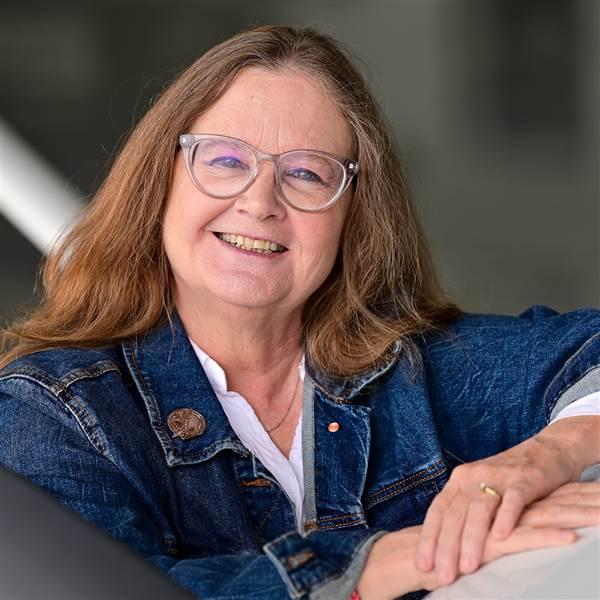Simhawk connects buyers with simulator marketplace
A proliferation of flight simulators and training providers inspired a Vermont company to create a platform that connects flight schools, universities, airlines, and individual pilots with a marketplace.
Simhawk, based outside of Burlington, helps pilots and aircraft operators find simulator time all over the world whenever they may need it, said Chief Executive Officer Chris Weinberg.
“The net result is that there is more supply than there has ever been, at the top end of the market with Level C and D full flight simulators, and the devices aren’t being used to their capacity,” Weinberg said.
Simulators are too expensive for many segments of the pilot population, Weinberg said. “Is there a way through using technology to allow customer segments that either aren’t aware of the possibility or consider themselves to be priced out of the market to take advantage of the capabilities that the devices offer?” he said.
That’s where Simhawk comes in. The company’s online platform matches buyers with sellers. There’s no fee to register for the website. Simhawk receives a percentage of each transaction.
“We maintain a global database of simulators and training devices, and we work with operators to bring them onto our platform,” Weinberg said. Buyers can make requests and receive bids based on their requirements. Sellers can list available time in a device or courses that are available, and buyers can come into the marketplace, shop for various time slots or courses, and make a transaction.
Simhawk’s marketplace, which launched in October 2016, provides access to more than 1,000 simulators or training devices. More than 500 buyers have signed up, Weinberg said.
The intent of the platform is to give buyers access to true market rates, Weinberg said. “Absolutely we see sellers that are coming on and offering really advantageous pricing and deals given that it may be last minute or short-notice availability,” he said, “but we also see simulator operators offering their regular pricing that are just trying to use the platform to gain access to a broader customer base.”
For training providers with excess capacity, it’s a no-risk way to let them market that time to a broader audience, Weinberg said. For flight schools or university aviation programs that don’t have simulators, “we provide access to the devices if they want to get into programs that require a full flight simulator, like the ATP-CPT program, without having to acquire or own that asset,” he said.
See the website for more information.



